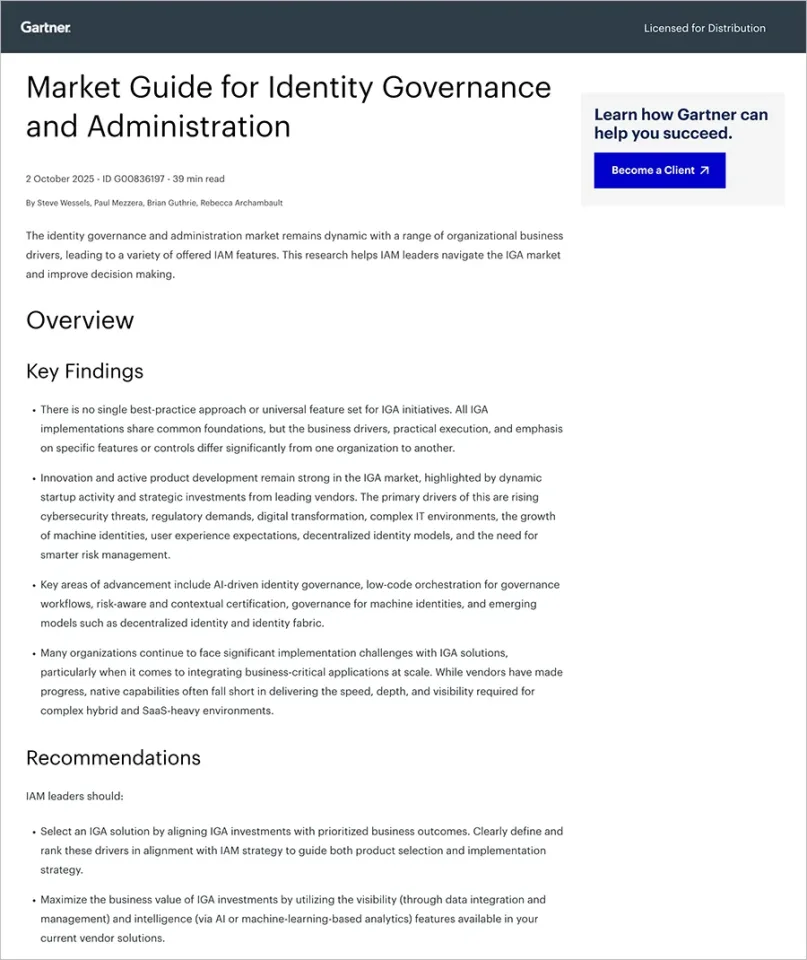It’s like you become a little kid again when you walk into a café and take a look at the wide assortment of pastries and cakes behind the display cases. Eyes widen… stomachs growl… thoughts of calories go out the window. The last thing going through your mind is the accounting practices at the café and if they’re cooking the books.
the display cases. Eyes widen… stomachs growl… thoughts of calories go out the window. The last thing going through your mind is the accounting practices at the café and if they’re cooking the books.
Unfortunately for one café chain, that may be the case. Patisserie Valerie just posted a market update after uncovering a £40m gap on its balance sheet. The audit team at the company, along with forensic accountants at PwC, found “significant manipulation of the balance sheet and profit and loss accounts.” This includes thousands of false entries on its ledgers.
The company received an emergency loan and they are exploring all options to keep running. Their Finance Director, Chris Marsh, was placed under arrest and is being investigated by the Serious Fraud Office and the Financial Reporting Council. It has been reported that Patisserie Valerie’s former auditors, Grant Thornton, are also under investigation.
When the accounting irregularities were first discovered last year, shares of Patisserie Valerie were suspended. The company stated, “The initial indications from the work carried out to date is that the cashflow and profitability of the business has been overstated in the past and is materially below that announced in the trading update on 12 October 2018, which was based on limited work carried out over a 48-hour period.”
This news puts a sour taste in investors’ mouths.
Information about how the fraudulent transactions were created hasn’t been released yet. But a study by ACFE found that “a lack of internal controls, such as segregation of duties, was cited as the biggest deficiency” in control weaknesses that can lead to fraud.”
In its “Access Governance Trends Survey,” Ponemon Institute LLC found that 57% of organizations surveyed lack the confidence to know whether their user access practices are compliant because they don’t have enterprise-wide visibility of that user access. So putting these two studies together, if a company lacks internal controls and has no enterprise-wide visibility of user access, employees can easily create fraudulent transactions.
So what can companies do to protect balance sheets and shareholders from fraudulent transactions?
A solution that can monitor 100% of all transactions across the enterprise and alert you in real time when exceptions occur is a critical component. You gain continuous visibility of all access risks across all users and all business processes, reducing your risk exposure while ensuring audit readiness. And now you can enjoy that croissant without worrying about any sour taste.
Click here to learn more by viewing the on-demand webinar A Financial Executive’s Guide to Internal Controls & Fraud Prevention in the Cloud



